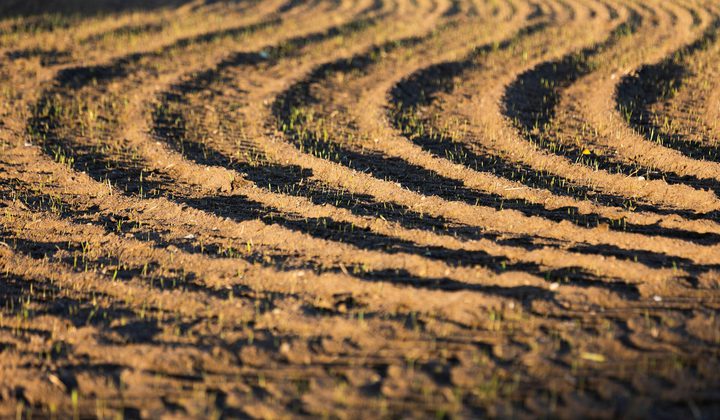About
TESS has mobilized a group of leading international experts for guidance on identifying and tackling environmentally harmful agriculture subsidies.
As interest grows in achieving sustainability in agricultural production and trade and in promoting sustainable food systems, government subsidies to agriculture are a critical topic for attention given their impact on production and consumption patterns and the environment
As a contribution to efforts to tackle environmentally harmful agricultural subsidies, TESS has mobilized a group of leading international experts from the trade, agriculture, environment, and sustainable development communities to identify a set of environmentally harmful subsidies for priority action at the international level and inform discussion on options for cooperative action.
Expert Group on Environmentally Harmful Agriculture Subsidies
The need to tackle the environmental impact of agricultural subsidies has been re-affirmed at the highest political level globally. The Kunming-Montreal Global Biodiversity Framework, adopted during COP 15 of the Convention on Biological Diversity in December 2023, calls for addressing subsidies harmful to biodiversity in a "proportionate, just, fair, effective and equitable way" and reducing them by at least $500 billion per year by 2030, starting with the most harmful incentives. At the WTO, several members have emphasized the need to address the sustainability dimension of agriculture, both under ongoing negotiations in the Committee on Agriculture in Special Session (CoA-SS) as well as the Working Group on Subsidies of the Trade and Environmental Sustainability Structured Discussions (TESSD).
Government subsidies to agriculture are a critical topic for attention given the clear evidence of their influence on international production and consumption patterns and their impacts on the environment.
However, in the context of these discussions, defining what clearly constitutes environmentally harmful agricultural subsidies involves considerable conceptual and technical difficulties. As a contribution to these efforts, TESS has mobilized a group of leading experts on agriculture and sustainability from academia, think tanks, intergovernmental organizations, and stakeholder organizations representing a diversity of geographical origin and perspectives. This expert group has been tasked to identify a set of environmentally harmful subsidies for priority action at the international level. A final report synthesizing the group discussions will be produced aiming to reflect a collective, cooperative effort among members to contribute their expertise and experience to provide guidance to policymakers.
The overarching aim of this work is to inform ongoing discussions at the WTO on environmentally harmful agricultural subsidies, including in the CoA-SS and TESSD initiative, and to contribute to building shared understanding among interested WTO members of what could be considered as environmentally harmful agriculture subsidies. Such a list could serve as a basis to promote an open discussion among members on possible cooperative action in this area. The expectation is that this work will also be useful to ongoing discussions in the OECD, FAO, and in the context of the Kunming-Montreal Global Biodiversity Framework.
The group’s first meetings were held in February and May 2024. This process is complemented by consultations between TESS and key stakeholders and experts on critical issues for consideration as well as with government delegations.
Identifying ex ante the environmental effect of particular forms of support remains highly complex and subject to interpretations.
Paticipating Experts
Expert Group Members
(in their personal capacities)
Joaquín Arias, Inter-American Institute for Cooperation on Agriculture
Jason Clay, World Wildlife Fund
Anthony Cox, Ecologic Institute
Helen Ding, World Resources Institute Global Centre of Economics,
Felipe Garcia, Centre for Biodiversity Economics and Finance, Humboldt Institute
Madhur Gautam, International Food Policy Research Institute
Lena Gubler, Swiss Federal Institute for Forest, Snow and Landscape
David Laborde, Food and Agriculture Organization of the United Nations
Prof. Alan Matthews, Department of Economics, Trinity College Dublin
Prof. Silvia Secchi, Department of Geographical and Sustainability Sciences, University of Iowa
Juha Siikamaki, International Union for Conservation of Nature
Observers and External Experts
Guillaume Gruère, OECD Trade and Agriculture Directorate
Katia Karousakis, OECD Environment Directorate
Jonathan Hepburn, Agriculture and Commodities Division, World Trade Organization




